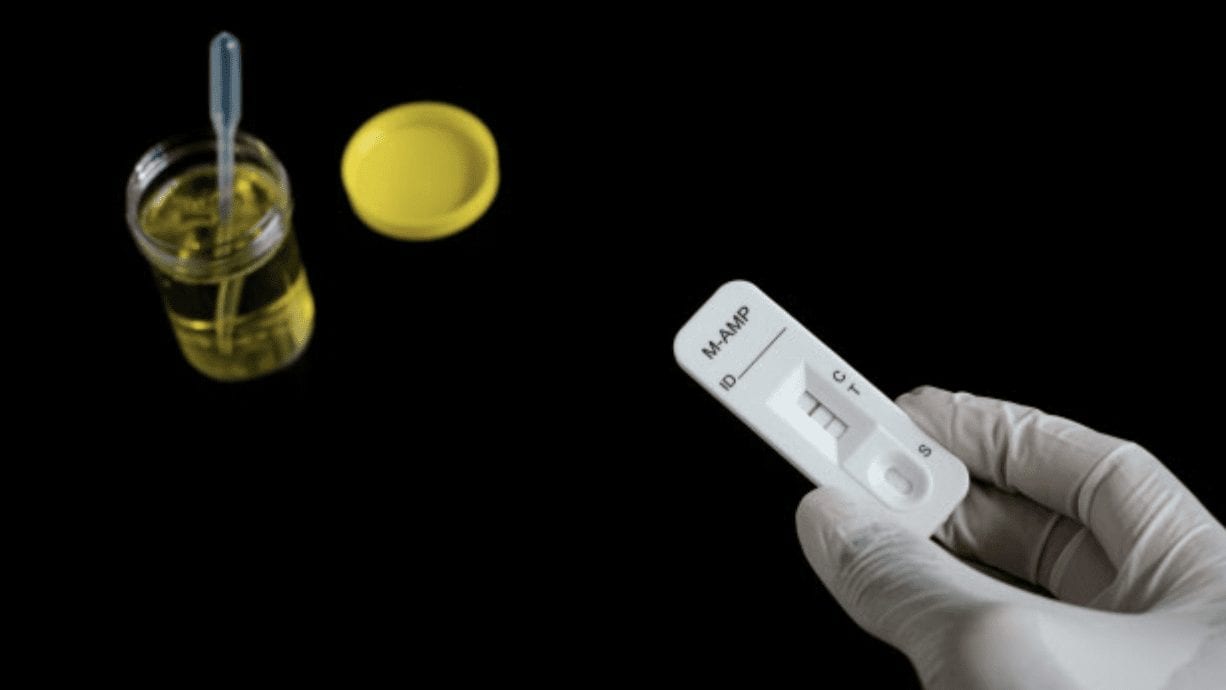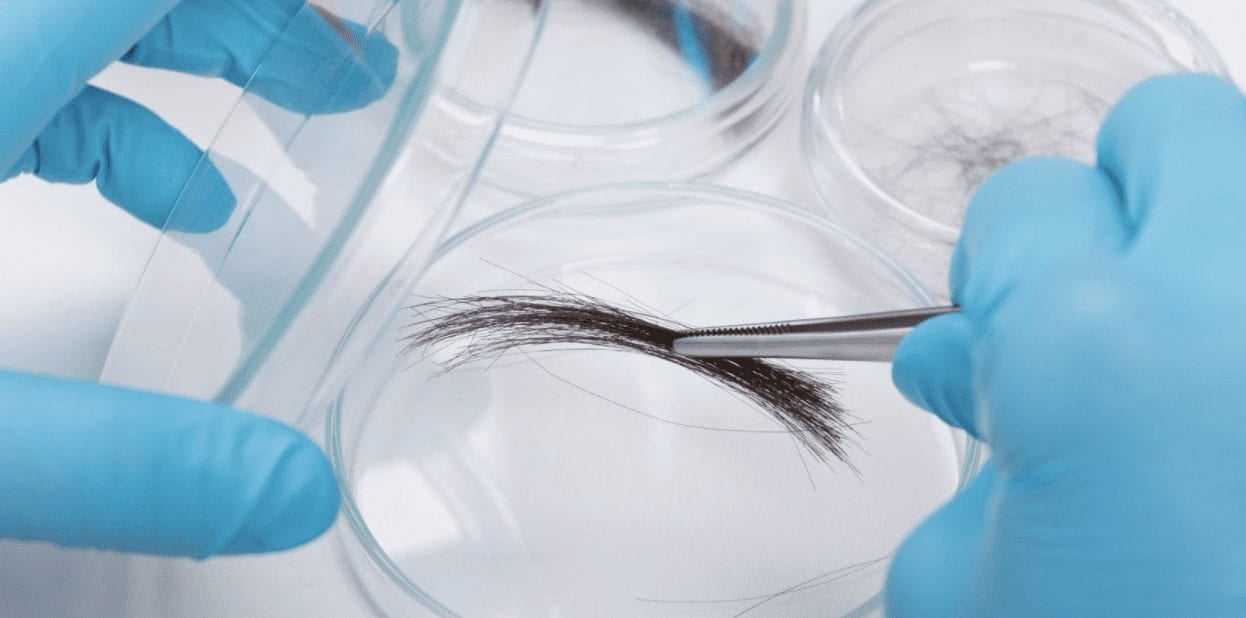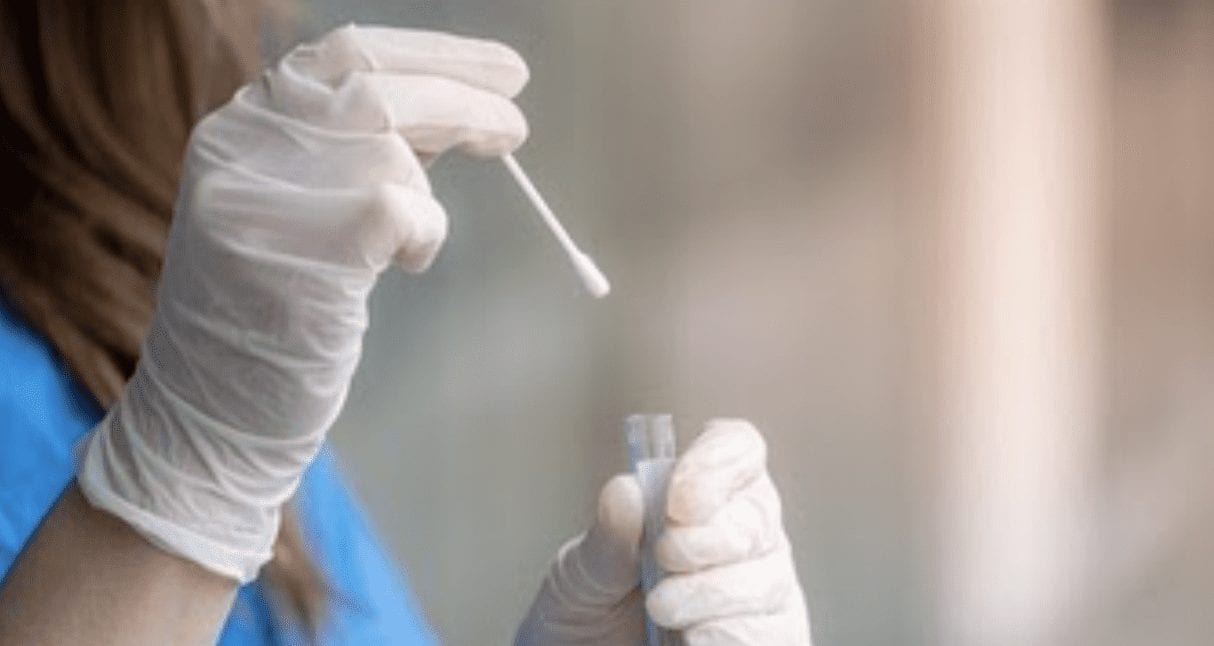
When asking “How long does marijuana stay in your system?” the answer depends on a number of factors. Detection times may vary depending on the dose of marijuana and the testing method. Read on to learn how long marijuana stays in your urine, blood, saliva, and hair.
What are Marijuana Tests and Why Might You Need Them?
Marijuana can impair your focus, memory, and performance. Thus, your employer, or sometimes, the police, may require you to get tested for it. Drug tests help detect THC or marijuana metabolites (tetrahydrocannabinol carboxylic acid; THC-COOH).
How long does marijuana stay in your system correlates with the detection window. The detection window is the period between drug use and a positive test result. This definition can also include the period between the first positive and second positive tests.
Several factors affect how long marijuana (cannabis) stays in your system. These include:
- Body fat percentage: THC, the main compound in marijuana, stays longer in a fat person than a skinny person. THC stands for delta-9-tetrahydrocannabinol
- Genetics: Some people excrete THC more rapidly than others
- Method and frequency of use: Frequent users retain THC for more extended periods than infrequent users
- Type of the testing method (urine, blood, saliva, or hair)
- Concomitant use of other drugs that affect liver enzymes
- The strength of marijuana and its form of use
A Quick Overview of Marijuana Addiction, Use, and Trends in the United States
According to the National Institute on Drug Abuse (NIDA) and CDC,
- Marijuana is the third most frequently used addictive substance in the U.S., after tobacco and alcohol.
- Marijuana-involved ED visits increased by 21% from 2009 to 2011.
- Each month, there are about 22.2 million active users.
- Adult marijuana use was highest in the District of Columbia (27.42%) and lowest in South Dakota (11.13%) between 2018 and 2019.
- About 10% of the users eventually develop marijuana addiction.
- Studies have linked chronic or frequent use to a higher risk of psychosis or schizophrenia in some users.
Tests used to determine how long does marijuana stay in your system can check your:
- Urine
- Blood
- Saliva (oral fluids)
- Hair
The results can vary depending on:
- The pattern of marijuana use (frequency and duration of use)
- Sample collection time (some tests cannot detect recent use)
- Method of testing
Marijuana Urine Testing
This is the confirmatory test for marijuana. It does not detect THC, as THC is rapidly removed through the urine. Instead, it measures the amount of THC-COOH. THC-COOH is detectable in urine within 60 minutes to 4 hours after you use marijuana and shows how long does marijuana stay in your system.

Having THC-COOH in the urine can mean two things.
- Marijuana use within the last three days (for infrequent users)
- Use in the previous 30 days (for long-term heavy users)
The detection windows for marijuana (THC-COOH) in urine samples are:
- Three days following single-use
- Five days if you use it four times a week
- Ten days if you use it every day
- Thirty days if you have been using it daily for several months
Pros
- Urine contains high amounts of metabolites
- A well-established and non-invasive testing method
- Point-of-care tests are available.
Cons
- The detection window is short or intermediate
- Risk of sample adulteration
- You may find it difficult to collect urine if you have something called “shy bladder” syndrome.
Marijuana Blood Testing
In the blood sample, THC typically becomes detectable within 0.5 to 2 hours after use. The detection window for THC ranges from 2 to 8 hours. Likewise, the detection window for THCCOOH is 7 to 51 hours.
Pros
- Useful for detecting recent use
- Well-established laboratory test method
Cons
- Higher cost
- Narrow detection window
- An invasive procedure that may increase the risk of infection
- It may not be suitable for you if you have not palpable veins
Marijuana Hair Testing
Marijuana hair testing generally gets used as a complementary test for urine, blood, and saliva analysis. It is because THC is fat-soluble, and the concentration in hair of how long does marijuana stay in your system is extremely low.

In general, one cm of hair segment from the root gives the amount of THC used in the last 30 days. THC can take up to 15 days to reach the hair shaft and is detectable for up to 90 days.
Pros
- Longest window of detection
- May help assess changes in drug use over time
- Non-invasive procedure
Cons
- Not suitable for assessing recent use (Use within the last 7–10 days is not detectable)
- Costly and time-consuming procedure
- Only a few labs provide hair testing
- Point-of-care tests are not available
- Single-use may not show up
- Hair color may affect the results
- Close contact with a marijuana user may transfer THC-COOH to your hair, increasing the likelihood of a false-positive result.
Marijuana Saliva Testing
Among recreational or infrequent users, the THC detection window is a maximum of 24 hours. In chronic or frequent users, saliva testing may detect marijuana for up to 30 hours.

Pros
- Helpful in assessing recent use. THC becomes detectable within 10 minutes to 30 minutes after use
- Non-invasive procedure
- Point-of-care tests are available
Cons
- Marijuana levels in saliva may not correlate with blood concentrations
- The use of other drugs, such as stimulants, reduces saliva production
FAQs
Can you metabolize marijuana faster with detox remedies?
There is no evidence that detox remedies can speed up marijuana metabolism. However, in most cases, it’s the amount you use that determines how fast marijuana leaves your system.
What happens if an athlete tests positive for marijuana?
According to the National Collegiate Athletic Association (NCAA), an athlete who tests positive for marijuana get barred from competing for 365 days or more from the test date.
How long does marijuana stay in your system after just one hit?
Urine samples can contain detectable amounts of marijuana for up to 3 days in one-time users.
Marijuana Addiction
This article was meant to be a resource to inform on the testing process of how long does marijuana stay in your system, and the process of how your body handles THC metabolites. If you’re trying to beat a marijuana test, there’s a good chance you have an addiction to marijuana. The truth is, while the drug may not be considered a “hard drug” or be illegal everywhere, it is still a drug and can potentially ruin your life.
Just because marijuana is legal where you live doesn’t mean it can’t get you expelled from school, fired from a job, kicked off a sports team, or cause addiction. Chronic users who have been smoking marijuana for long lengths of time have reported problems sleeping, mental health issues, physical health issues, and even marijuana withdrawal when they can’t smoke.
Since this drug is a form of substance abuse, like any other drug, there are support groups and resources to help overcome marijuana addiction.
Anchored Tides Recovery offers a number of options to help with marijuana addiction that focus on the whole person. Call us today and talk to one of our team about some treatments.























